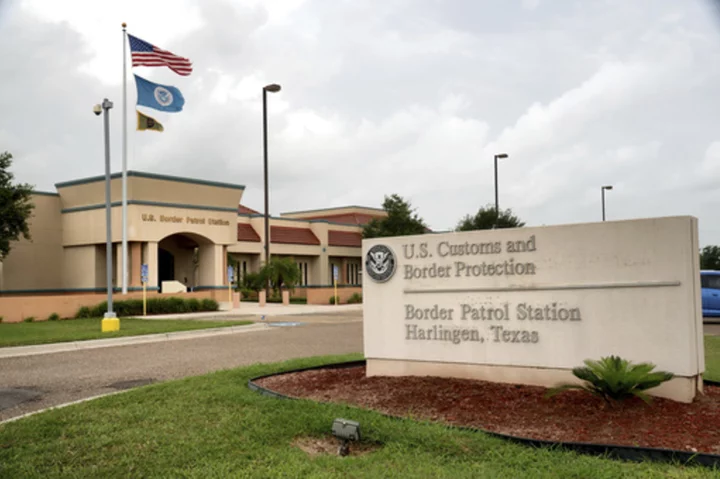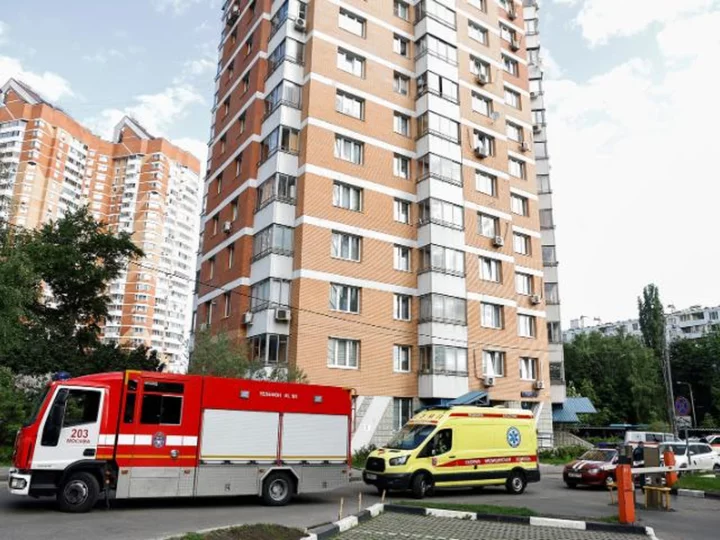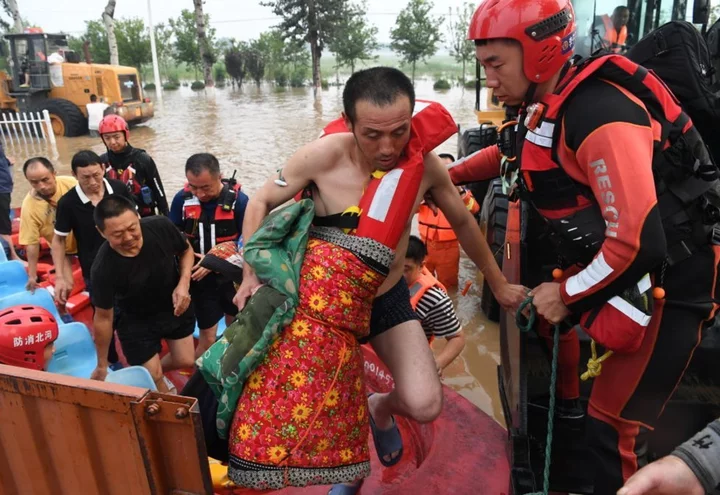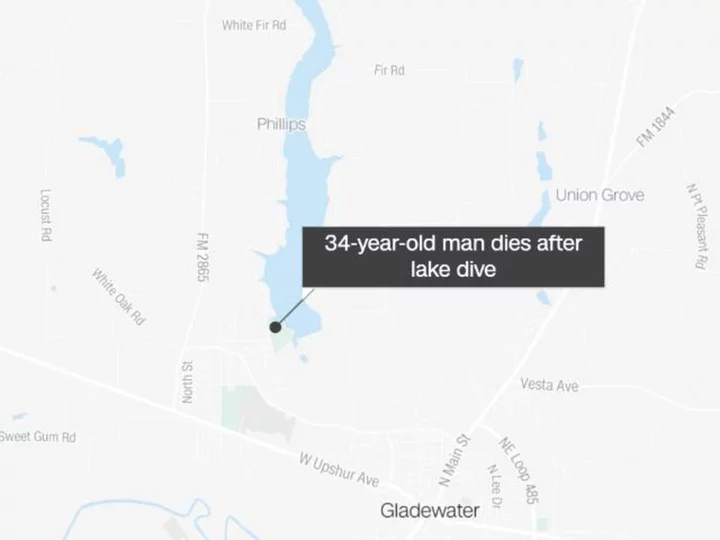A funeral for an 8-year-old girl who died in Border Patrol custody is scheduled for Friday in New York City, where her family had been heading last month before their journey across the southern U.S. border ended in tragedy.
The death of Anadith Tanay Reyes Alvarez has put the U.S. government under new scrutiny over the care given to thousands of migrants detained on the border each day.
Anadith's mother says the girl had a history of heart problems and sickle cell anemia. An internal investigation found that Border Patrol medical personnel were informed about the girl's medical history but declined to review the file before she had a seizure and died on May 17, her family's ninth day in custody.
“We are laying our baby to rest and may she rest in peace. We want justice for her, and we do not want this to ever happen again. We will fight for justice,” the Álvarez family said in a statement.
Funeral services will take place Friday evening in New York City, and the family says the girl will be buried Saturday at a cemetery in New Jersey.
Anadith, who was born in Panama, died in a Border Patrol station in Harlingen, Texas. More than a week earlier, her family of five had surrendered to border agents after crossing the Rio Grande from Mexico.
Anadith tested positive for influenza while in custody. Mabel Alvarez Benedicks, her mother, told the Associated Press that she had warned agents and staff about Anadith's medical history. A preliminary report from CBP’s Office of Professional Responsibility found medical staff declined to review the file.
Late Thursday, CBP announced it had reassigned its chief medical officer, Dr. David Tarantino, after Anadith's death, saying in a statement it was “bringing in additional senior leadership to drive action across the agency.”
The family entered the U.S. at a time when daily illegal crossings topped 10,000 as migrants rushed to beat the end of pandemic-related restrictions on seeking asylum that were lifted on May 11.
While the family was being held in Harlingen, the girl experienced stomachaches, nausea, difficulty breathing and a fever that reached 104.9 degrees Fahrenheit (40.5 degrees Celsius) a day before her death, the CBP report said.
The nurse practitioner also reported denying three or four requests from the girl’s mother for an ambulance until the girl collapsed in her mother’s arms and lost consciousness.
“Despite the girl’s condition, her mother’s concerns, and the series of treatments required to manage her condition, contracted medical personnel did not transfer her to a hospital for higher-level care,” the Office of Professional Responsibility said.
Dr. Paul H. Wise, a Stanford University pediatrics professor who visited South Texas to look into the circumstances around what he said was a “preventable” death, said there should be little hesitation about sending ill children to the hospital, especially those with chronic conditions.
Attorneys with the Texas Civil Rights Project and the Haitian Bridge Alliance, a nongovernmental organization working with the family, have requested an independent autopsy to determine the cause of the girl’s death.









